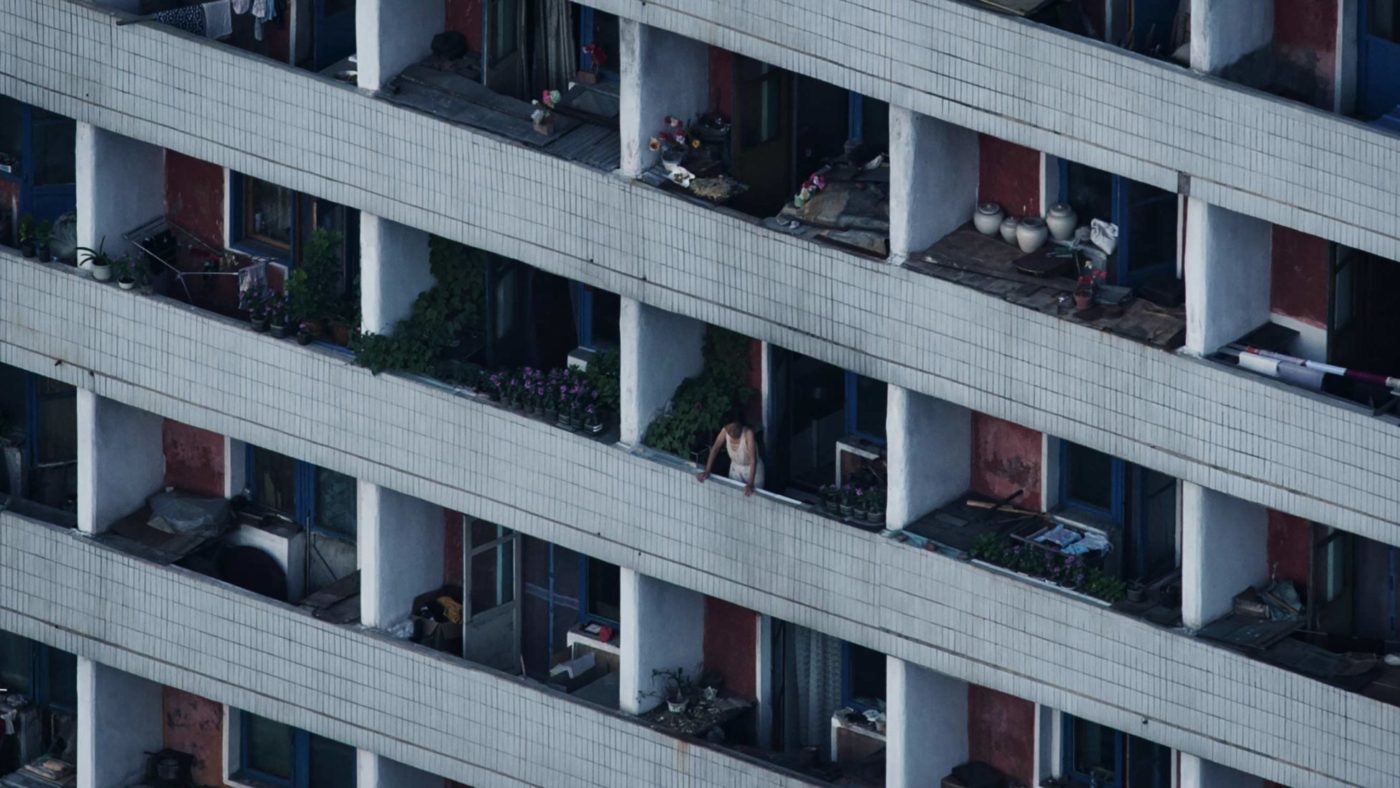The most important thing to have happened in North Korea in the last few decades might just be something that has nothing to do with nuclear missiles, hasn’t made the front page of any newspaper and has very little to do with the Kim dynasty.
According to a new report from Beyond Parallel, an initiative of the Center for Strategic and International Studies, “the single most significant socioeconomic development to occur in North Korea over the last 20 years” is something at once mundane and ground-breaking: the emergence of markets in a totalitarian, centrally-planned state.
Using satellite imagery, field interviews and the testimonies of North Korean defectors, Beyond Parallel have found that:
There are at least 436 officially sanctioned markets located across the country. Markets are located in rural and urban areas and appear to be deeply integrated into both economy and society.
The authors estimate that these markets generate $56.8 million annually in taxes and fees. There are also unofficial markets “usually set up in residential areas, without fixed, permanent boundaries and vendors do not pay official ‘taxes’ or ‘rents’.”
Most importantly, the report makes clear that the phenomenon is one of “bottom up marketisation from the people” that began more than 20 years ago. Ever since, North Koreans have “contended with the government’s efforts to control, manipulate, and institutionalise” the markets:
When the government periodically represses market activity, society reacts angrily. But, the government also tacitly allows their growth to limit the negative socio-political and economic impact of the markets.
A 2016 study by Beyond Parallel found that the small amount of economic freedom that comes with these markets is hugely important to North Koreans. Seventy-two per cent of respondents received almost all their household income from markets and 83 per cent “found outside goods and information to be of greater impact on their lives than decisions by the North Korean government”.
When asked what caused them to feel the greatest animosity towards the North Korean regime, respondents frequently cited currency redenomination, the seizure of assets and the destruction of private cash holdings.
The authors argue that, as one of the few areas of life with limited state involvement, markets could serve as the starting point for the growth of a North Korean civil society, without which the end of the Kim regime is impossible to imagine.
Capitalism’s critics like to claim that economic freedoms are an illusion, that they’re a myth cooked up by the rich. The emergence of markets in North Korea – against the will of an otherwise omnipotent and brutal government – suggests otherwise.
Markets aren’t just a fact of life; they’re an essential ingredient of a happy, free and prosperous society.
The right to exchange goods, and the attendant property rights required by that exchange are things North Koreans appear to value dearly. No amount of state propaganda has been able to persuade them otherwise.
And those small economic liberties offer a taste of freedom in an otherwise totalitarian dictatorship.


